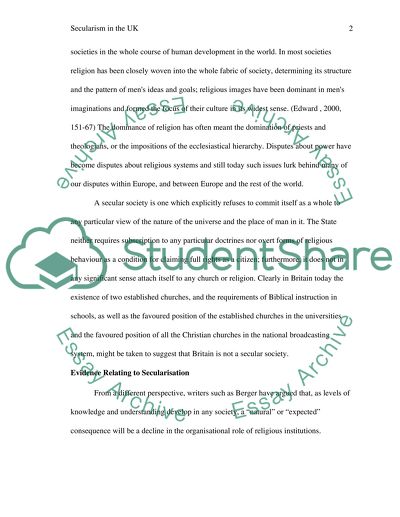Cite this document
(“Secularism in the UK Essay Example | Topics and Well Written Essays - 1250 words”, n.d.)
Secularism in the UK Essay Example | Topics and Well Written Essays - 1250 words. Retrieved from https://studentshare.org/religion-and-theology/1524841-secularism-in-the-uk
Secularism in the UK Essay Example | Topics and Well Written Essays - 1250 words. Retrieved from https://studentshare.org/religion-and-theology/1524841-secularism-in-the-uk
(Secularism in the UK Essay Example | Topics and Well Written Essays - 1250 Words)
Secularism in the UK Essay Example | Topics and Well Written Essays - 1250 Words. https://studentshare.org/religion-and-theology/1524841-secularism-in-the-uk.
Secularism in the UK Essay Example | Topics and Well Written Essays - 1250 Words. https://studentshare.org/religion-and-theology/1524841-secularism-in-the-uk.
“Secularism in the UK Essay Example | Topics and Well Written Essays - 1250 Words”, n.d. https://studentshare.org/religion-and-theology/1524841-secularism-in-the-uk.


